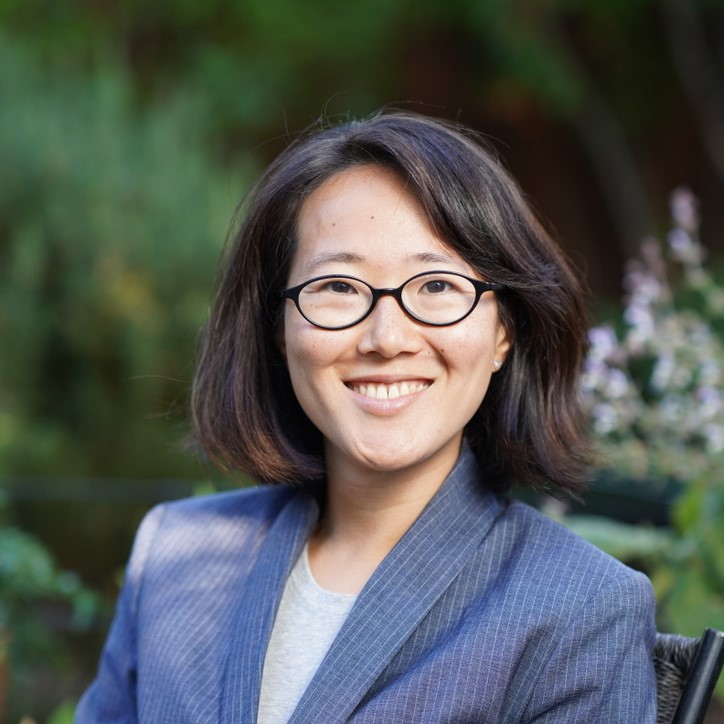Speaker Series: Emily Rong Zhang

Each redistricting cycle presents an opportunity for minority groups to translate demographic growth and changes in residential patterns into political power. That it occurs typically only once every ten years following each decennial census makes this opportunity all the more momentous. And for Native persons, this opportunity has been hard-won: in some cases, it has taken decades of litigation to challenge districts that diluted the Native vote, either through cracking (fracturing the population across several districts) or packing (concentrating Native persons into a few districts with lopsided majorities).
Yet identifying redistricting opportunities, seized or missed, is not analytically straightforward. This project, the first of its kind, evaluates how Native persons fared in the last redistricting cycle (following the 2010 census) and in the latest redistricting cycle (following the 2020 census). I measure the spatial dispersion of Native populations in every state in which Native persons constitute a numerically significant minority (Alaska, Arizona, Montana, New Mexico, North Dakota, South Dakota, and Wyoming), analyzing the districting schemes of both lower and upper chambers of each state legislature.
Combining census data with districting shapefile data, and adapting a measure called “partisan dislocation” developed to assess partisan gerrymandering, I measure Native dislocation: it is the difference between the racial composition of each district and that of each Native person’s geographic neighborhood. When that difference is large, there are either proportionally more Native persons in the district than in their immediate neighborhood (an indication of concentration) or proportionally fewer (an indication of dispersion).
The analysis reveals both the enduring contribution and growing limitations of Section 2 of the Voting Rights Act, which is responsible for the creation of many majority-Native districts
(districts in which Native voters constitute more than a majority of the district’s population). While the Act is still responsible for the maintenance of historically majority-Native districts, it is unable to translate increasing Native voting strength into electoral power beyond those districts.
To register, contact Sophie Kofman at skofman@abfn.org.
Emily Rong Zhang is an Assistant Professor of Law at the University of California, Berkeley, School of Law. She studies how the law can promote political participation and representation, especially of individuals from historically disadvantaged communities. Before joining Berkeley, she was a Skadden Fellow at the ACLU Voting Rights Project.

